MSNBC hosts Stephanie Ruhle and Ali Velshi issued corrections after misreporting that Director of National Intelligence Tulsi Gabbard claimed Trump and Putin were “very good friends.” This article examines the error, the media’s role in misinformation, and the broader implications of journalistic accountability.
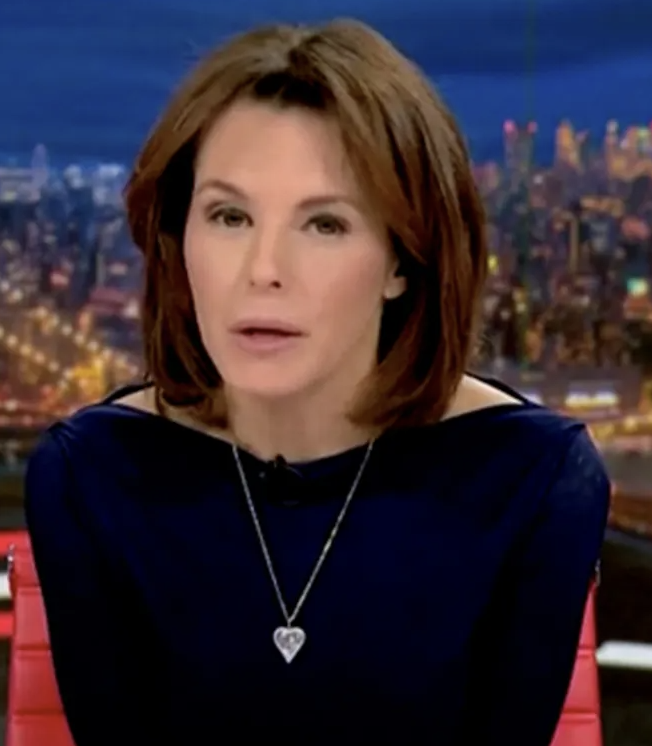
Image: Getty Images
MSNBC Corrects Misreporting on Tulsi Gabbard’s Interview
In a recent correction, MSNBC hosts Stephanie Ruhle and Ali Velshi acknowledged that they had erroneously reported on an interview given by Director of National Intelligence Tulsi Gabbard. Initially, the network claimed that Gabbard had stated President Donald Trump and Russian President Vladimir Putin were “very good friends.” However, the full interview later revealed that Gabbard was actually referring to Trump’s relationship with Indian Prime Minister Narendra Modi.
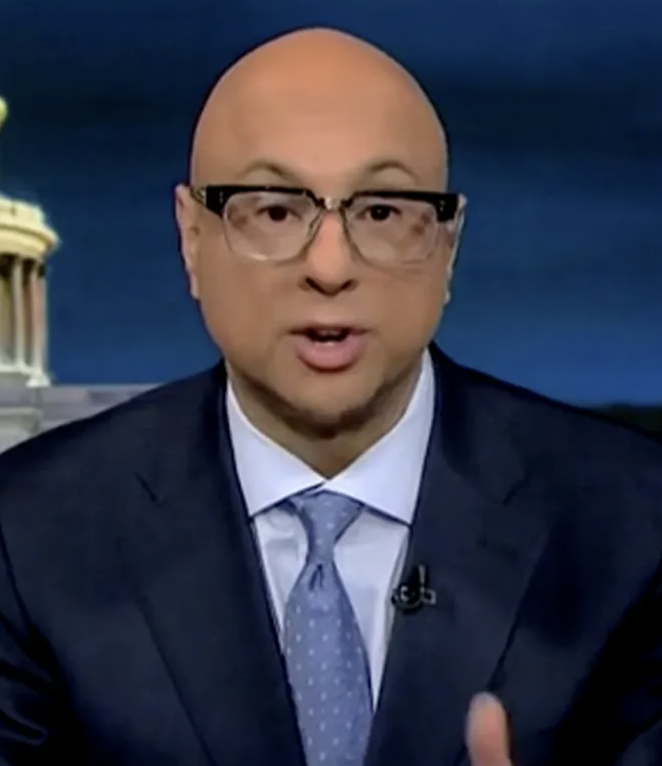
Image: Getty Images
During her show on Tuesday, Ruhle addressed the mistake, stating, “Last night we reported on excerpts of an interview between the director of national intelligence, Tulsi Gabbard, and an Indian TV news network in which she said that Trump was good friends with a world leader. We said that world leader was Vladimir Putin. But the full interview shows that Gabbard was referring to Trump and Indian Prime Minister Modi. Cleared that up.”
Similarly, Velshi, who was filling in for Lawrence O’Donnell, reiterated the correction, ensuring that viewers received the accurate information.
The Role of the Media in Misinformation
The Associated Press also admitted to the reporting error and issued a correction on Tuesday. In a statement to Fox News Digital, the AP acknowledged that the story did not meet their journalistic standards.
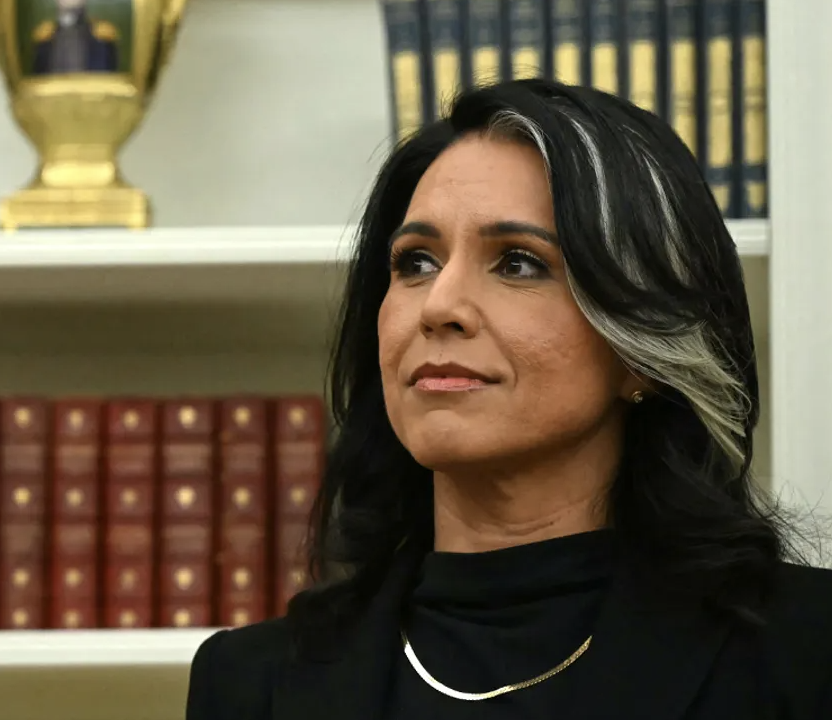
Image: Getty Images
“We notified customers and published a corrected story with an editor’s note to be transparent about the error,” the statement read.
This incident has sparked discussions on media accountability and the importance of accurate reporting. In an era where misinformation spreads rapidly, the role of journalists in ensuring factual accuracy has never been more crucial. The misreporting led to unnecessary controversy and fueled political narratives that were not based on the truth.
Political and Public Reactions to the Reporting Mistake
The misreporting prompted strong reactions from both media professionals and political figures. Jonathan Capehart, who hosted “The Last Word” on Monday, cited the incorrect report while discussing U.S.-Russia relations. His question to Michael McFaul, an MSNBC international affairs analyst, was based on the incorrect premise that Gabbard had aligned U.S.-Russia relations as a “shared mission.”
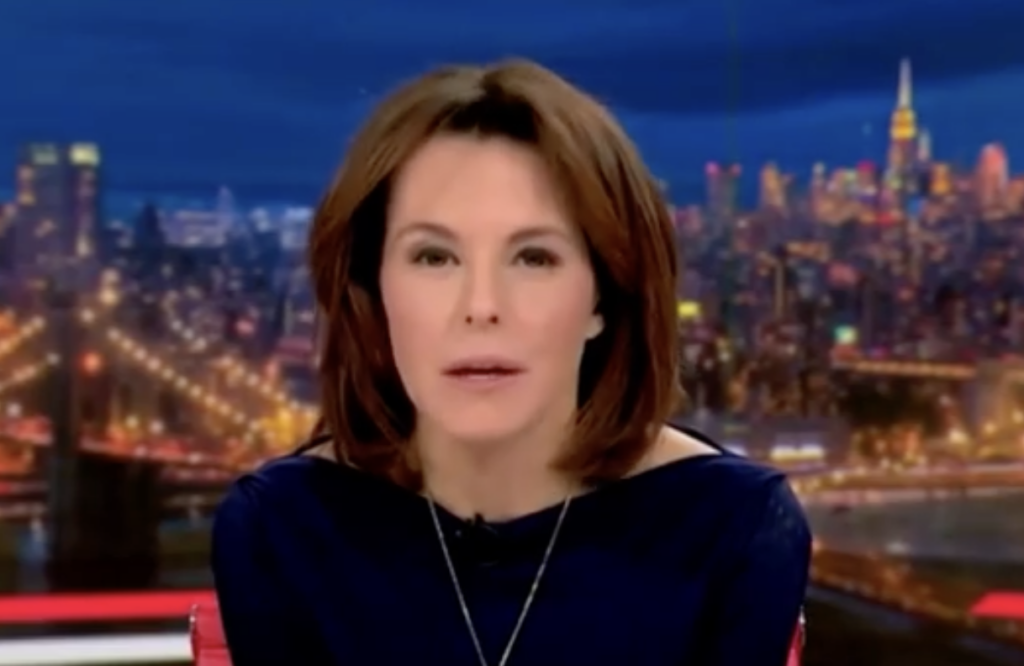
Image: Getty Images
Additionally, Alexa Henning, Gabbard’s deputy chief of staff, took to X (formerly Twitter) to criticize the Associated Press for its misleading headline.
“The @AP is total trash. DNI @TulsiGabbard was referring to PM Modi & President Trump and this is the headline they publish. This is why no one trusts the maliciously incompetent and purposefully biased media. If this isn’t a clear example of pushing a solely political narrative, then nothing is,” Henning wrote.
This strong backlash highlights the increasing skepticism toward mainstream media and the growing demand for accuracy and transparency in journalism.
The Need for Media Accountability
The correction issued by MSNBC and the AP underscores the critical need for fact-checking and accountability in journalism. In an age where misinformation can have serious consequences, it is essential for media outlets to swiftly correct errors and ensure that the public receives truthful information.
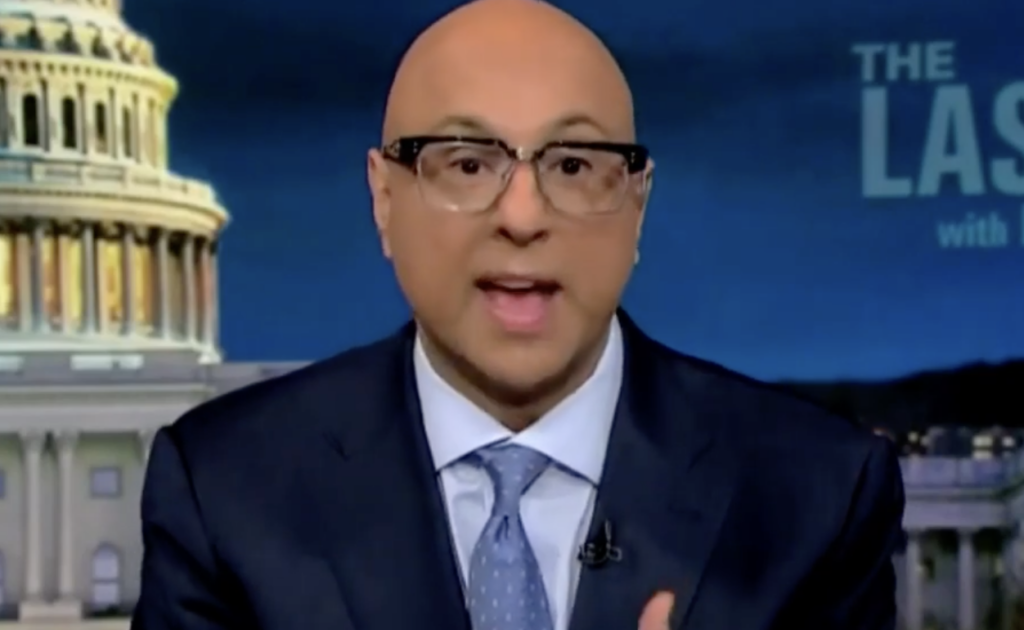
Image: Getty Images
As viewers, readers, and consumers of news, we must also be vigilant and question the accuracy of reports before accepting them at face value.
What are your thoughts on media accountability? Join the conversation and let us know how you think journalism can improve in today’s fast-paced news cycle!